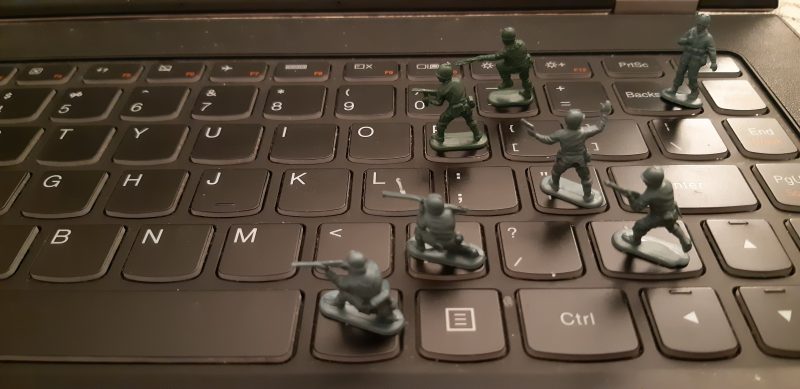National: After Russian Election Interference, Americans Are Losing Faith in Elections | Susan Milligan/US News
As lawmakers, state elections officials and social media executives work to limit intervention in the 2020 elections by Russia and other foreign operatives, an unsettling truth is emerging. Vladimir Putin may already be succeeding. The troubling disclosures of Russian meddling in the 2016 campaign – “sweeping and systematic,” special counsel Robert Mueller concluded in his report on the matter – have policymakers on guard for what intelligence officials say is a continuing campaign by Russia to influence American elections. But even if voting machines in all jurisdictions are secured against hacking and social media sites are scrubbed of fake stories posted by Russian bots, the damage may already have been done, experts warn, as Americans’ faith in the credibility of the nation’s elections falters.


 Ukrainians will head for the polls on Sunday 31 March in what will be the first regular national elections since the country’s 2014 Euromaidan revolution. With its Crimean peninsula still occupied by Russian forces, an ongoing military conflict in eastern Ukraine, and rising activity of far-right groups, the country is a prime target for both domestic and external information influence operations. Ukraine has been in the crossfire of disinformation warfare since 2014, with multiple political actors attempting to disrupt its democratic development. The elections for both the office of the president and parliamentary seats will be a crucial test for Ukraine’s democracy and stability. Much of the action has taken place on Facebook, which is the country’s most popular social network. Despite persistent efforts of civil society and media groups, Facebook has done relatively little to respond to Ukraine’s disinformation problem in the past. But the company changed its tune in January, when it publicly announced that it had taken steps to counter some of these issues.
Ukrainians will head for the polls on Sunday 31 March in what will be the first regular national elections since the country’s 2014 Euromaidan revolution. With its Crimean peninsula still occupied by Russian forces, an ongoing military conflict in eastern Ukraine, and rising activity of far-right groups, the country is a prime target for both domestic and external information influence operations. Ukraine has been in the crossfire of disinformation warfare since 2014, with multiple political actors attempting to disrupt its democratic development. The elections for both the office of the president and parliamentary seats will be a crucial test for Ukraine’s democracy and stability. Much of the action has taken place on Facebook, which is the country’s most popular social network. Despite persistent efforts of civil society and media groups, Facebook has done relatively little to respond to Ukraine’s disinformation problem in the past. But the company changed its tune in January, when it publicly announced that it had taken steps to counter some of these issues.